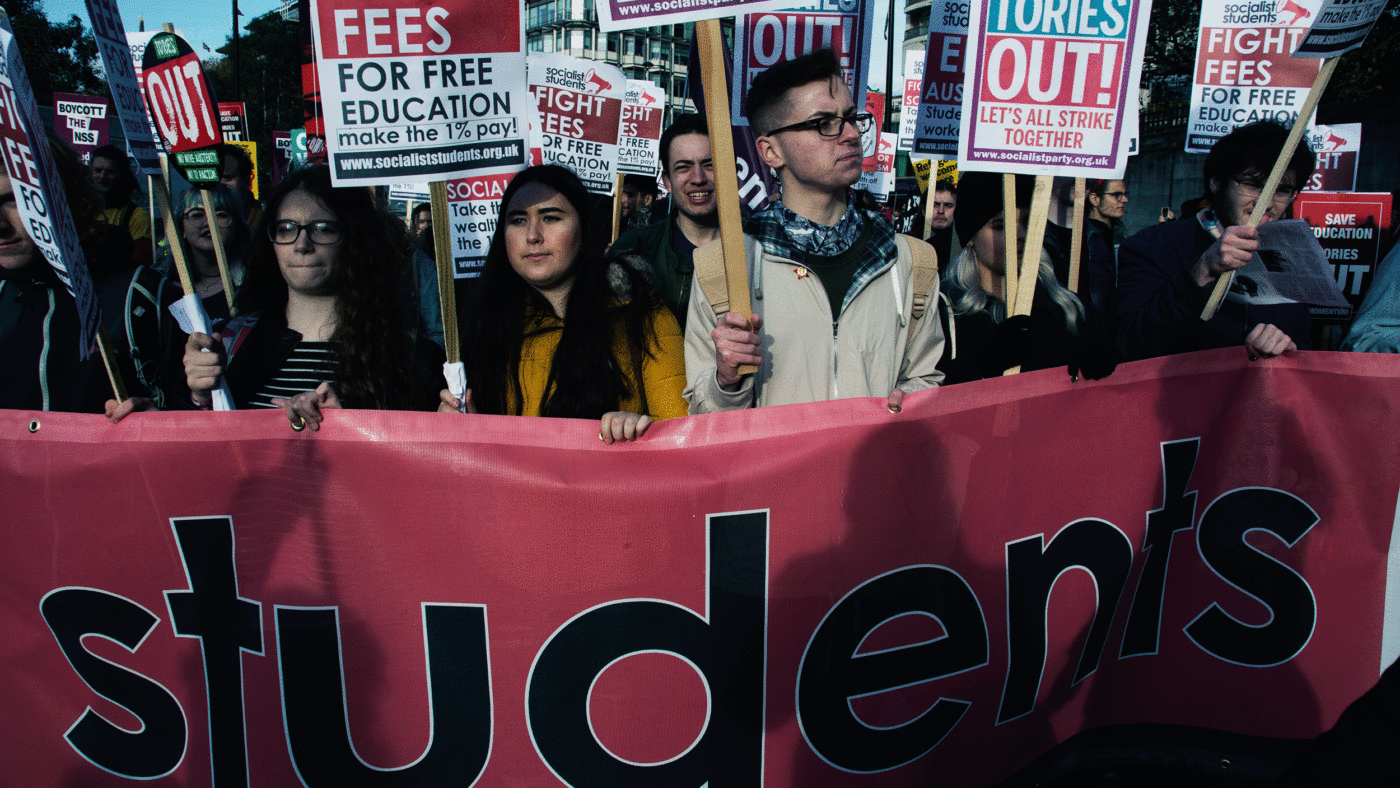Just rejoice at that news! The Government has announced it is cutting ties with the truly hideous National Union of Students (NUS). Now let’s hope Michelle Donelan follows this up with a requirement that university authorities do not use any of the grants provided to them by central government to fund their local student unions.
In other words, end the closed-shop whereby students are enrolled automatically into bodies that then claim, ludicrously, to speak for them collectively. Their ‘members’ are then, in turn, enrolled into NUS when the individual student unions affiliate to it and pass on a portion of the public dosh they have received.
If the closed shop were to be terminated, students could form their own replacement organisations, recruiting their peers on a purely voluntary basis. Indeed, we could see the creation of rival unions. Some might focus their energies on providing cheap beer and dealing with concrete problems typically affecting students, whilst others could base their competing appeal on various political stances. Let a thousand flowers bloom – but not at the expense of the taxpayer.
However, the Government’s justification for suspending financial support for NUS and no longer awarding it representation on various official committees is, arguably, the wrong one from a liberal perspective. It has cited allegations of antisemitism against president-elect Shaima Dallali; the longest in a long line of similar pronouncements by student politicians over the years.
While such positions are sadly quite typical of the contemporary student and wider left, there should, of course, be the freedom to express such deranged viewpoints. These should be challenged through open debate, not censorship. The implication is that were it not for the antisemitism claims, the NUS could continue happily feeding at the public trough. Even if its leaders and ‘members’ were all paragons of virtue, with a flawless record of denouncing Hamas attacks on Israeli civilians, the fact remains that the union should not be in receipt of public money.
Putting to one side the specific political positions the student left has endorsed, what should be of concern to the Government, and political liberals more generally, about student politics relates to how it is now organised.
This offers a disturbing insight into the future vision of what can be described as the new, Culture Control Left (CCL). The NUS divides students into five so-called ‘liberation’ sections. Individuals who possess one or more of the characteristics said to qualify them as members of ‘oppressed’ categories – women, non-whites, disabled, LGBT and transgender – are kettled into these structures and then ‘represented’ to the overarching, appropriate level executive committee.
The authoritarian and anti-democratic implication is that those possessing the attributes selected for them by student political leaders are, accordingly, assumed to have the same collective mindset about political affairs. They can then be spoken for by those activists selected to head these sectional abominations.
The current politics of identity has a historical parallel with the Leninist conception of the vanguard party whereby kommissars would speak for the working class. Similarly, the fascist idea of the ‘corporate state’ based upon the representation of ‘guilds’ was another manifestation of this type of elitist and anti-individualist mindset. The NUS vision of group-based politics is where the CCL is headed with its obsession with the imposition of quotas and representation by demography, rather than adherence to rival systems of ideas.
Again, if NUS and its affiliates want to organise themselves along these lines that is for them to decide, but we shouldn’t have to contribute financially towards this antediluvian illiberalism.
Click here to subscribe to our daily briefing – the best pieces from CapX and across the web.
CapX depends on the generosity of its readers. If you value what we do, please consider making a donation.


